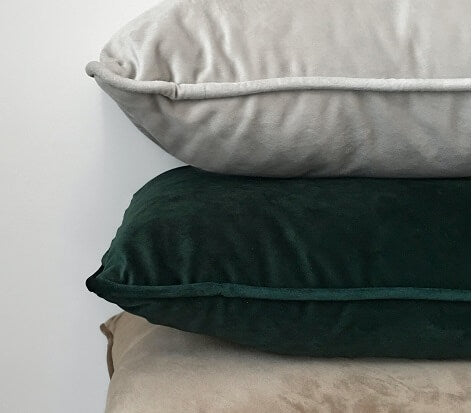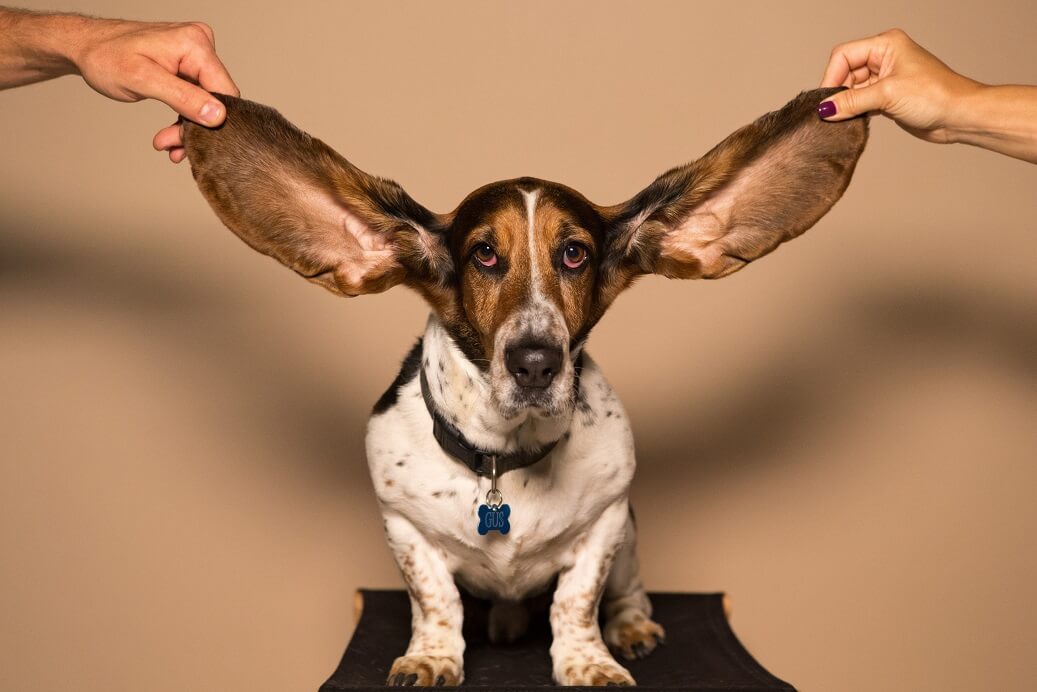The Different Types of Sleep Disorders

Sleep disorders are a common problem that can hurt our health and well-being. There are different types of sleep disorders, each with its unique symptoms and causes. Here are some of the most common types of sleep disorders:
- Insomnia: Insomnia is a sleep disorder characterized by difficulty falling or staying asleep. People with insomnia often experience daytime fatigue, irritability, and difficulty concentrating.
- Sleep apnea: Sleep apnea is a sleep disorder that occurs when the airway is partially or completely blocked during sleep, causing interruptions in breathing. This can lead to loud snoring, gasping, and choking during sleep.
- Restless leg syndrome: Restless leg syndrome is a sleep disorder that causes an overwhelming urge to move the legs, often accompanied by uncomfortable sensations in the legs.
- Narcolepsy: Narcolepsy is a sleep disorder that causes excessive daytime sleepiness and sudden sleep attacks.
- Parasomnias: Parasomnias are a group of sleep disorders that involve abnormal behaviour during sleep, such as sleepwalking, night terrors, and REM sleep behaviour disorder.
These are just a few of the many types of sleep disorders that people can experience. It is important to recognize the symptoms of sleep disorders and seek treatment if necessary to improve sleep quality and overall health.
How to Determine if You Have a Sleep Disorder

It can be challenging to know if you have a sleep disorder, as many of the symptoms can be subtle or easily attributed to other causes. However, there are several signs that you can look out for to help determine if you may have a sleep disorder.
- Difficulty falling asleep: If you find yourself tossing and turning for an extended period before finally falling asleep, this could be a sign of a sleep disorder.
- Waking up frequently during the night: Interrupted sleep can leave you feeling exhausted and drained during the day.
- Feeling tired during the day: If you wake up feeling like you haven't slept enough, or feel excessively sleepy during the day, this could be a sign of a sleep disorder.
- Loud snoring: Snoring is a common symptom of sleep apnea and should be evaluated by a healthcare professional.
- Waking up gasping or choking: This is a significant symptom of sleep apnea, which should be evaluated by a healthcare professional.
- Headaches in the morning: If you wake up with a headache that dissipates later in the day, this could be a sign of a sleep disorder.
- Mood changes: Sleep disorders can cause irritability, anxiety, depression, and other emotional disturbances.
If you experience any of these symptoms, it is essential to consult your healthcare professional. They can help determine if you have a sleep disorder, and recommend appropriate treatments. Additionally, tracking your sleep patterns in a sleep diary can provide useful information to your healthcare professional, so be sure to keep track of your sleep habits.
Treatments for Sleep Disorders

If you suspect that you have a sleep disorder, the first thing you should do is see a doctor. They will perform a thorough evaluation to determine the underlying cause of your sleep issues. Depending on the diagnosis, there are several treatment options available:
- Continuous Positive Airway Pressure (CPAP) Therapy: If you are diagnosed with sleep apnea, your doctor may prescribe CPAP therapy. This involves wearing a mask that delivers air pressure to keep your airway open during sleep.
- Oral Appliances: For some individuals with sleep apnea, an oral appliance can be a more comfortable and convenient alternative to CPAP therapy. These devices reposition the jaw and tongue to keep the airway open.
- Lifestyle Changes: Making lifestyle changes can improve sleep quality for individuals with insomnia. This includes maintaining a consistent sleep schedule, limiting caffeine and alcohol intake, and practising relaxation techniques before bed.
- Cognitive Behavioral Therapy (CBT): CBT is a type of therapy that addresses negative thought patterns and behaviours that may be contributing to sleep issues. It has been found to be an effective treatment for insomnia.
- Medication: In some cases, medication may be prescribed to help with sleep issues. However, it is important to discuss potential side effects and risks with your doctor before starting any medication.
Overall, it is important to seek medical advice if you are experiencing sleep issues. With proper diagnosis and treatment, individuals with sleep disorders can improve their sleep quality and overall health.






